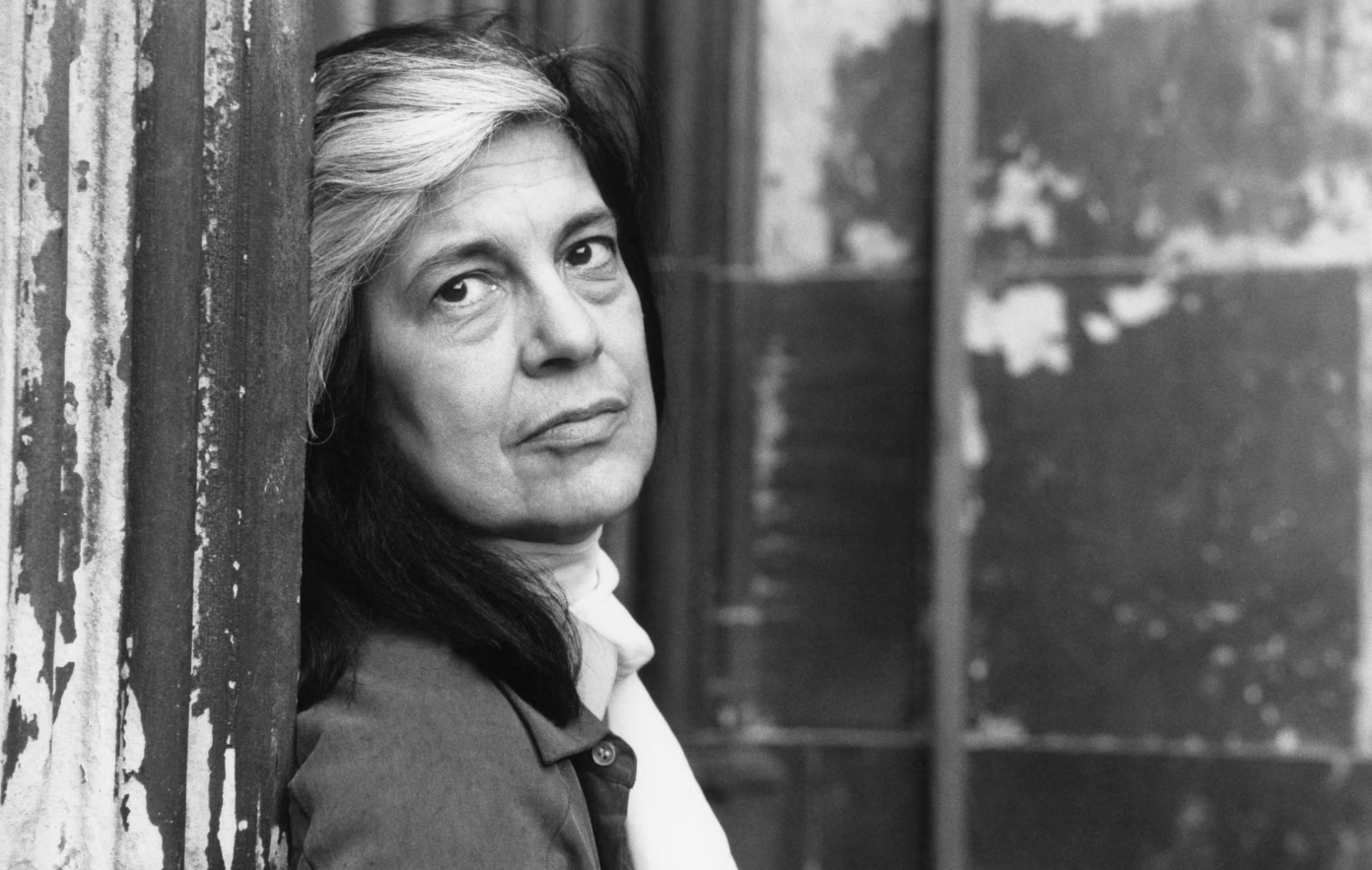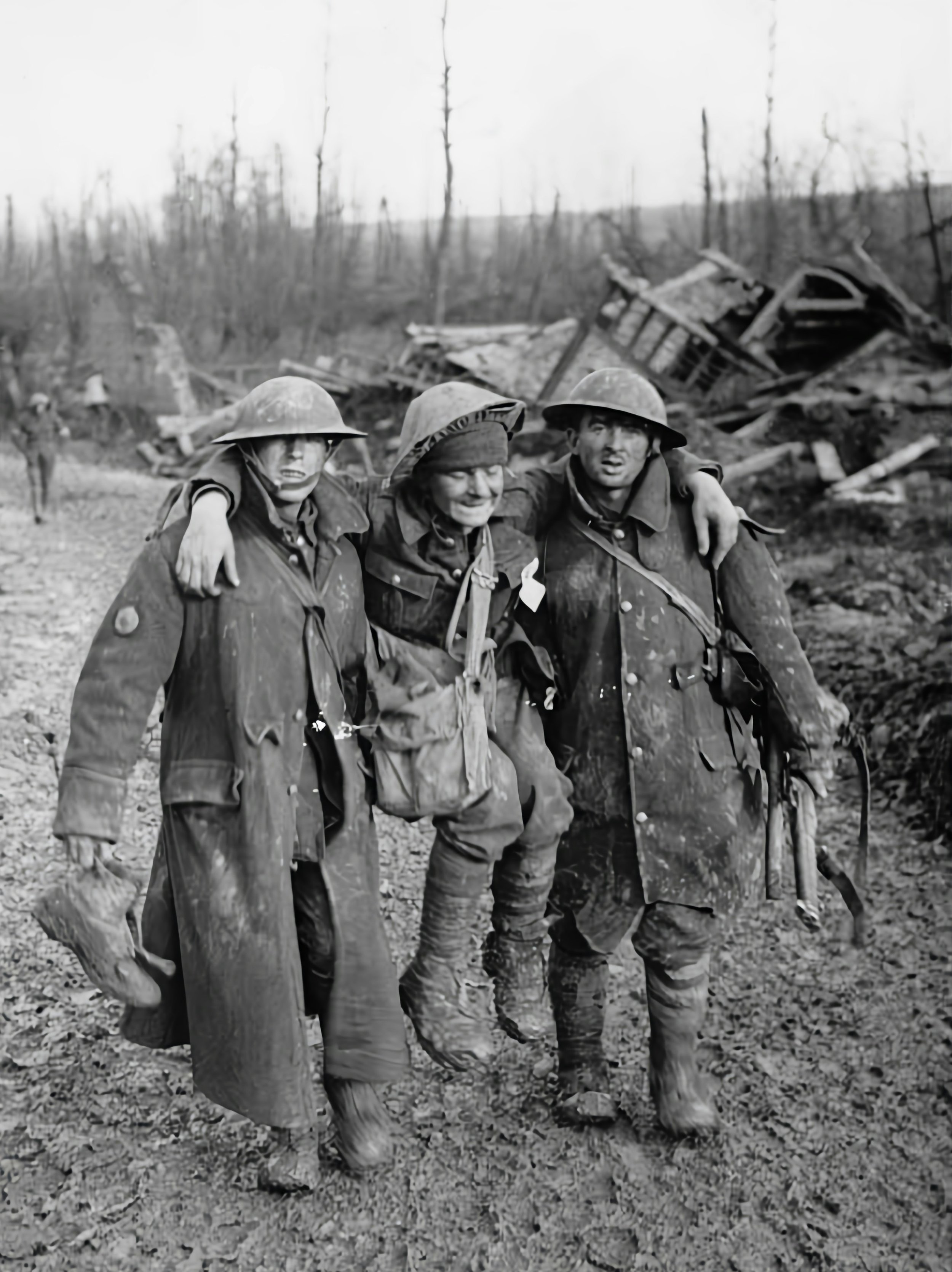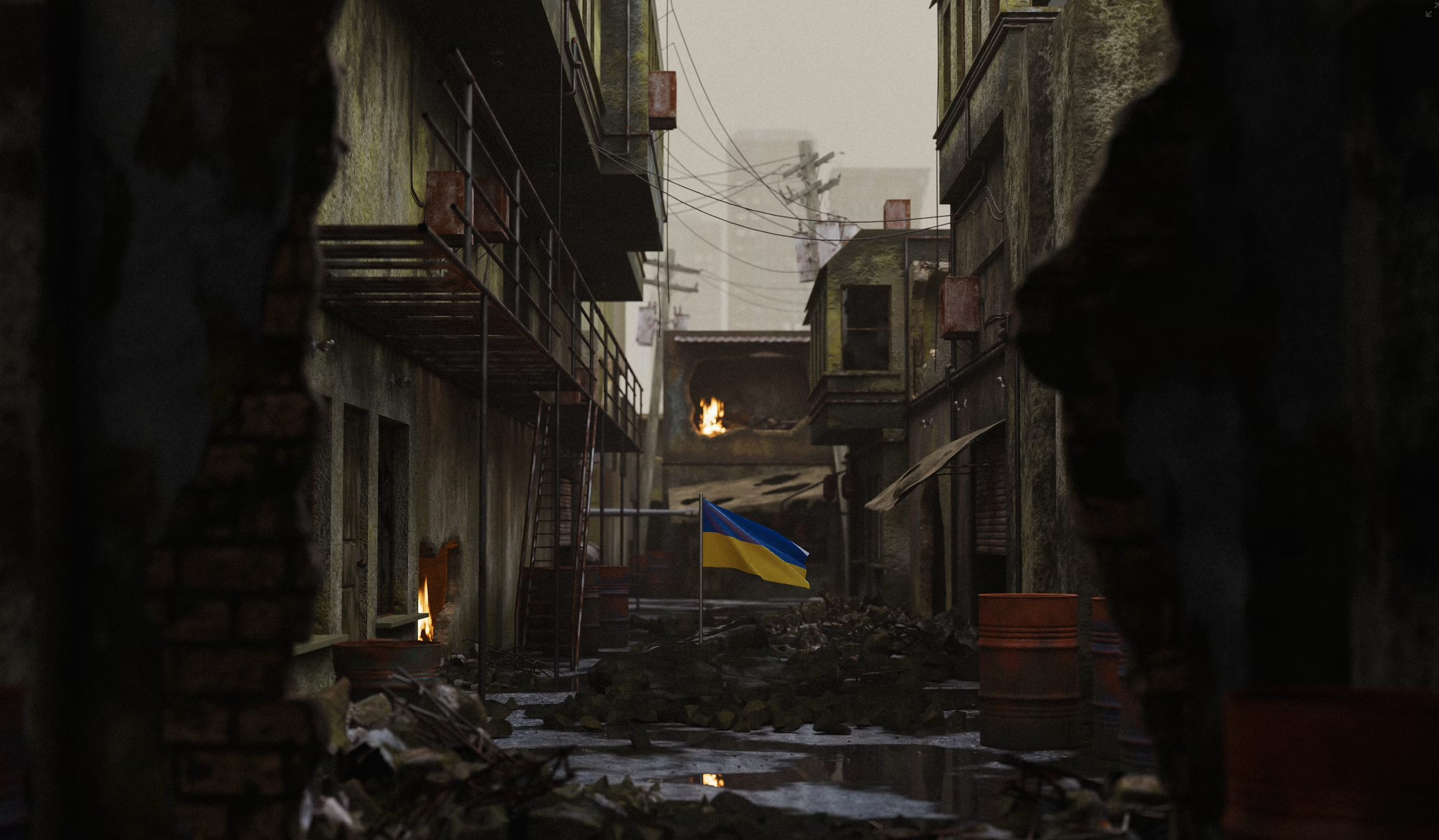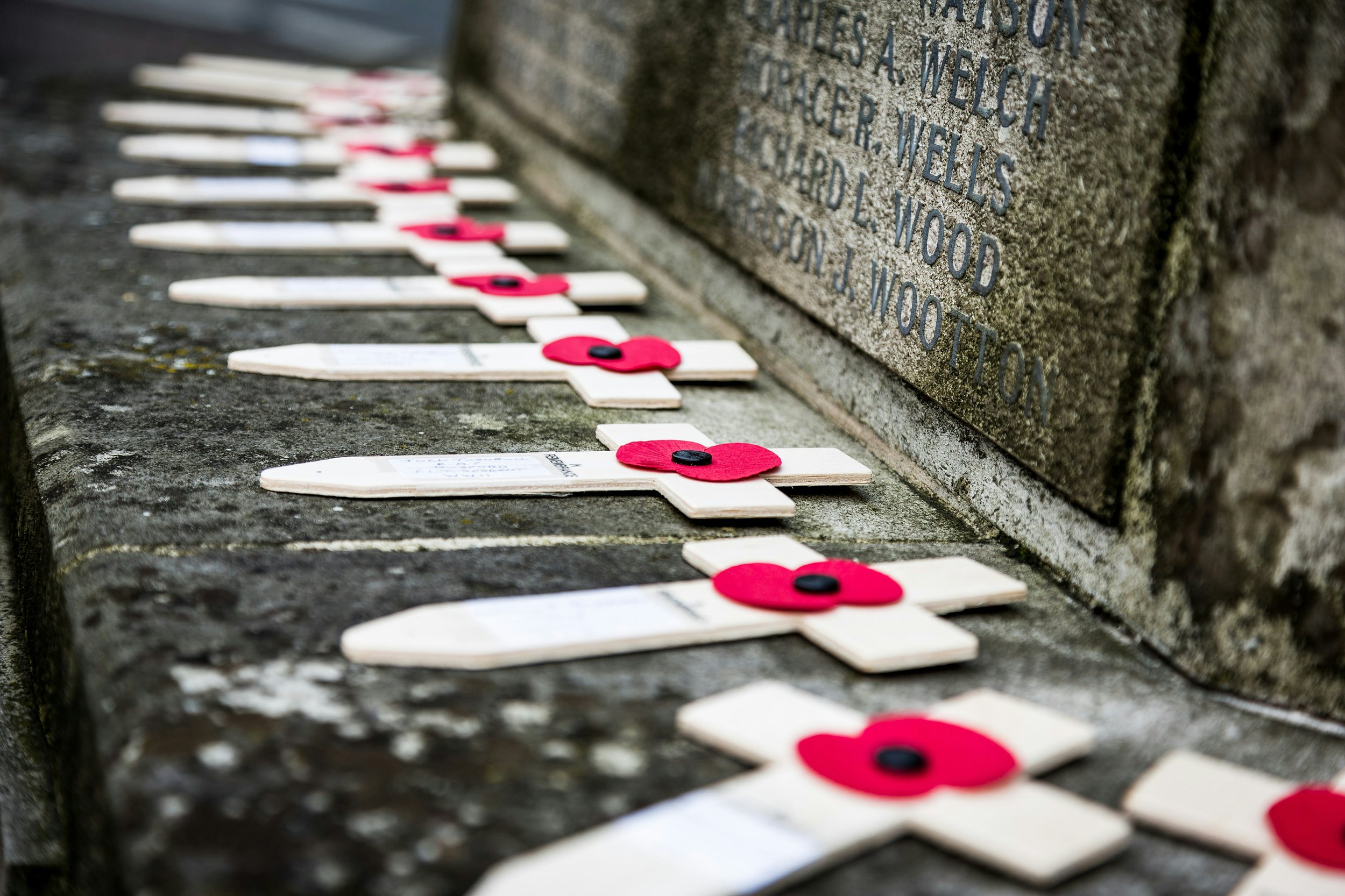Why we delight in suffering of others?
Image Credit: ‘There is aggression implicit in every use of the camera’ ... Susan Sontag in 1993. Photograph: Ullstein Bild/ullstein bild via Getty Images
Do you believe that wars, suffering, death could be stopped? What would it take for society to turn away and get on the right track? Is it even possible? The book by Susan Sontag, Regarding the Pain of Others, touches the heart of the reader from the first page. The suffering and pain that people encountered through history, horror of war and crime, violence - Sontag brings the ugly into your face from first words. She dives into ideas of why we, people, keep on condemning the war, suffer its consequences, yet we would not turn away from it. No matter how many great writers, artists, politicians, and preachers talk and beg the world to stop, we would not. Why don't even the pacifists believe that war at the global level can be stopped? Is there anything that can be done if hope seems to be lost and guilt-tripping is not working?
Photo by National Library of Scotland on Unsplash
Would the exposure and knowledge of the ugly make us want to change, make us stand up and refuse the war, go into peaceful ways of solving issues? Soltang puts the issues right there: “For a long time some people believed that if the horror could be made vivid enough, most people would finally take in the outrageousness, the insanity of war” We are faced with a tough question: why seeing suffering and death despite evolving compassion in our hearts, doesn’t push us further to take action to prevent this from happening? Condemning the war seems to be useless, as war statistics and numerous documentaries are rubbing our eyes every day, it hasn’t prevented war from happening again and again. We see daily snippets of war and watch it unfold live, yet what do we as Western Society do about it? More often than ever we scroll horrible news and images down from our feed, we look away, change the channel. While we are in peace in our houses, we would not care to do something real to stop the war.
Image Credit: Taine Noble (https://unsplash.com/photos/a-view-of-a-city-street-Ri5v0kWULX4)
When the war in Ukraine started my professor at CalState LA told me - “We are sorry to see what is happening, but we like our comfort more to do something about it”. As I try to analyze all that is happening in the world, I myself get compassion fatigue. As the war has been happening all these years back home in Ukraine, I don’t even watch news every day, I can’t take more of it. Daily, I check on my family back there, but that is often about it. And I am talking about my homeland, imagine a country that is far more remote. Images and footage of war changed our perspective of what war is and opened our eyes to its horror, yet we are too busy to do anything about it, as long as it is not happening in our corner. Pictures are important companions of war and death, they promote action and inform, yet it takes a willing heart to step up and be a change.
Susan Sontag makes some great observations about how modern, educated society is not much better than barbarians. We enjoy seeing death and suffering, so much so that it became a huge industry of entertainment. Look at Hollywood movies that rank top places, video games, books - how much pleasure we get from scary and horrible things, we humorize them, make them into part of daily life and jokes. Movies like Deadpool, John Wick, where the main character kills people right and left for no reason are praised and celebrated. Human life becomes devalued and unworthy. Footage from remote places and even from things happening in our own country but somewhere else become just entertaining images, easy to close and forget, lost in between cooking videos and memes.
This society more than ever is overstimulated by shocking imagery that we seem to have no ability to be surprised or impressed by horrors happening somewhere. Only a small remnant of people still have heart and are willing to take action, even a small one. We as Christians are called to stay in a gap and to be peacemakers, loving on people and bringing change. It seems impossible to attend to all needs but each had to inquire in prayer where God sees them stepping in. Interesting to notice that women are more prompt to be a change maker and condemn the war, because they are the ones bringing life forth. We women know what it costs to give birth and bring new life into the world. Men have more love for cruelty, take for example, hunting or more typical manly sports that include violence. We are wired differently. The main point is not to get cold and numb to the pain of others, rather to keep our hearts tender and bring hope to those in need. Imagery should provoke compassion that is transformed into action, otherwise, it dies quickly. Society should be given an outlet of what to do, simple things that could be done to help, and ways to respond.
Photo by Ian Taylor on Unsplash
Another important thing that gives us a glimpse of hope is remembering - an idea to keep an account, memory of the past to make us not forget and therefore repeat the same mistake. As Susan Sontag states: “ Remembering is an ethical act, has ethical value in and of itself. Memory is, achingly, the only relation we can have with the dead. So the belief that remembering is an ethical act is deep in our natures as humans, who know we are going to die, and who mourn those who in the normal course of things die before us—grandparents, parents, teachers, and older friends. Heartlessness and amnesia seem to go together.” If we can’t do anything else, at least remembering and honoring the history of those who died in horror is a way to respond with dignity, rather than just scrolling to the next thing.



